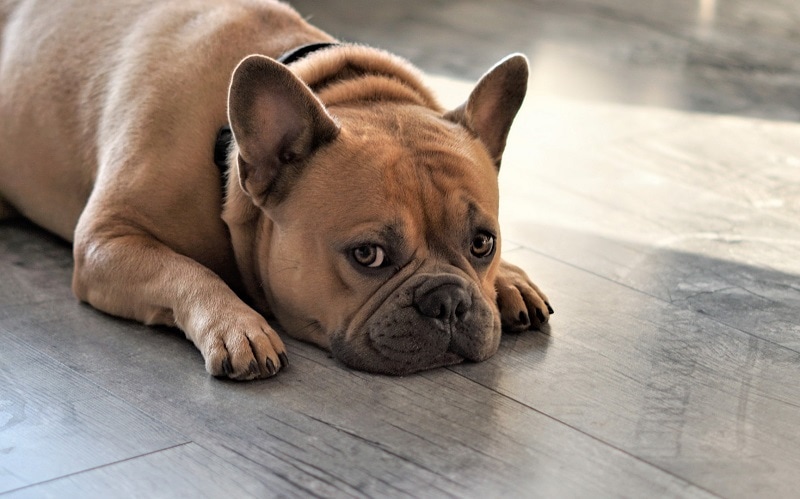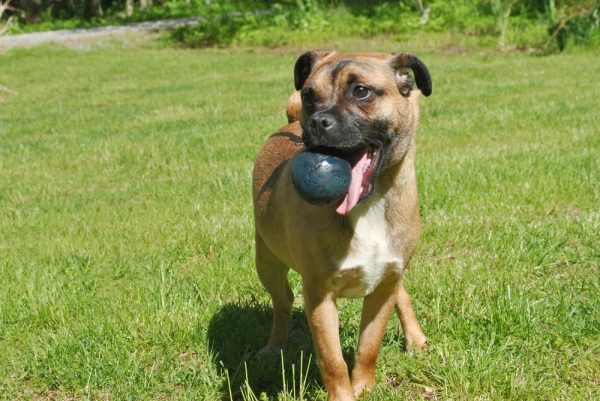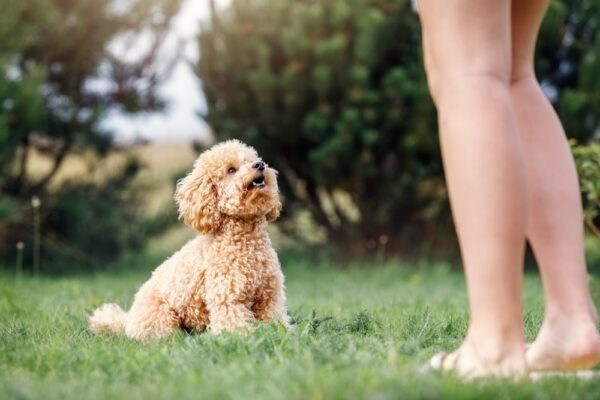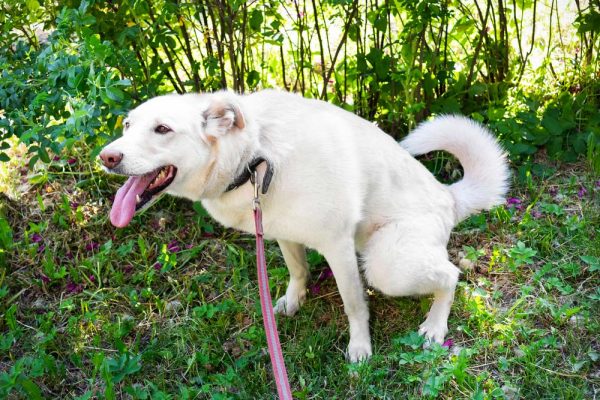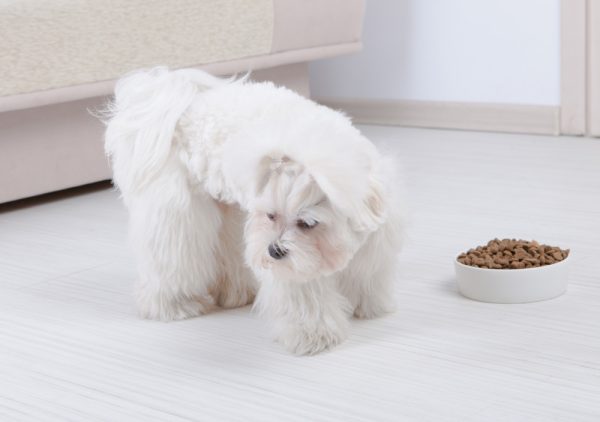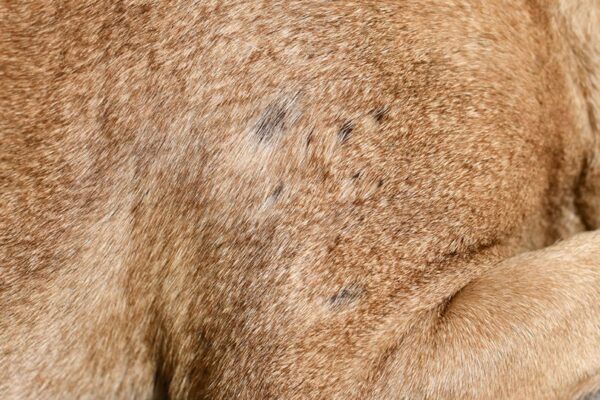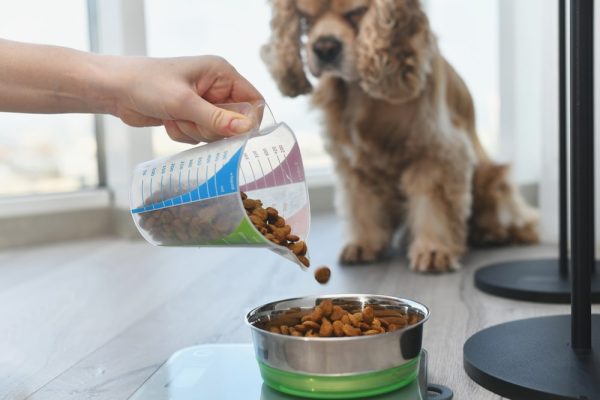In this article
Urinary problems in dogs are not unusual, but when you see a dog leaking urine while they’re lying down, it’s time to visit the veterinarian. A random dribble is typical with untrained puppies and seniors. Urinating while sleeping or resting may indicate a medical issue that requires immediate treatment to prevent the worsening of signs.
There are several causes of incontinence. The severity of the condition can’t be determined until a urinalysis or other tests are conducted. We’ll examine the possible reasons for incontinence, but only a veterinarian can provide an accurate diagnosis and effective treatments or procedures.

Veterinarian Examination
Before administering tests for incontinence, your vet will give your dog a complete checkup for any signs of additional problems. A urinalysis can determine if your dog has an infection, but blood tests will rule out other medical conditions like Cushing’s Disease 2 or diabetes 3. Further tests may include radiography to detect urinary stones or an ultrasound to identify tumors in the bladder. You can also help your vet by mentioning any recurring signs, giving the date of the first leakage incident, and estimating how often leakage has occurred.
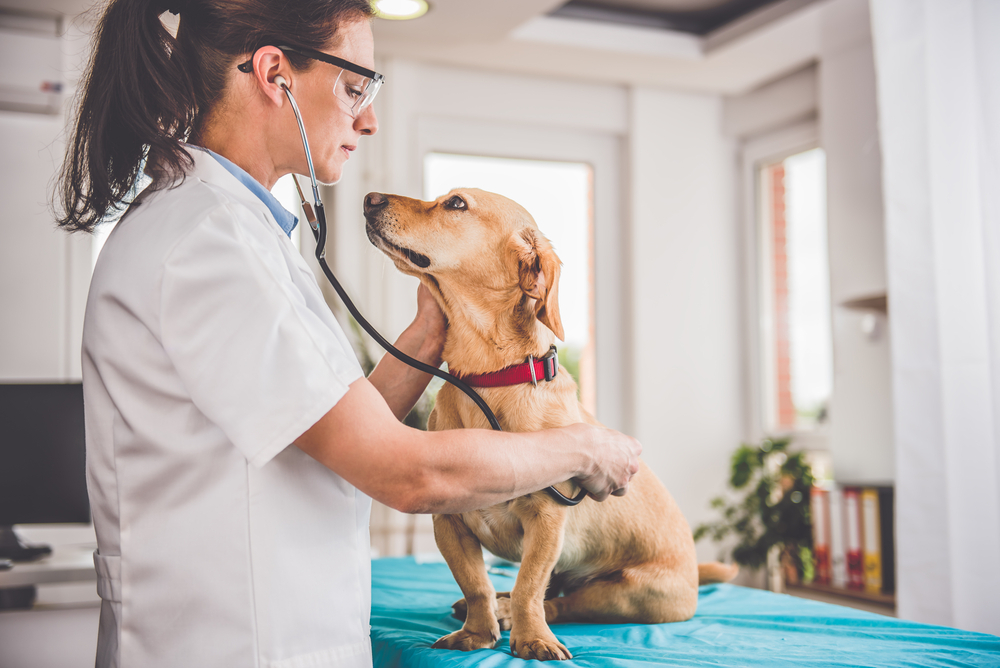

The 6 Possible Causes of Incontinence
We’ve listed some of the most severe causes at the top. Keep in mind that even with treatment, incontinence may persist in some cases.
1. Bladder Obstructions
A blockage in the urethra or bladder can occur from bladder stones, cancerous tumors, blood clots, or urethral plugs. Immediate veterinary care is required to remove the blockage. An untreated blockage can be fatal if the bladder ruptures. However, you may notice signs when the urethra is only partially blocked. According to the American College of Veterinary Surgeons (ACVS), dogs may experience these signs from a partial obstruction.
- Urinating in tiny amounts
- Taking longer than usual to urinate
- Straining while urinating
- Urinating in unusual places in the house
- Urinating in small drips instead of a stream
- Bloody urine
Treatment of a urinary obstruction may include surgery, dissolving the stones with a special diet, or breaking up the stones using ultrasonic waves or lasers. Your veterinarian will decide which method is best to use.
2. Anatomic Abnormalities
Another possible cause for leakage is an anatomic defect. A birth defect, injury, or surgery can damage the bladder and reduce its efficiency. In younger dogs, anatomic problems are often caused by ectopic ureters. Healthy ureters transport urine from the kidneys to the bladder, but a ureter in an abnormal position can redirect urine to the vagina or urethra and lead to leaking. Some anatomic issues can be treated with medications, but veterinarians may have to perform surgery to treat an injury or prior surgery.
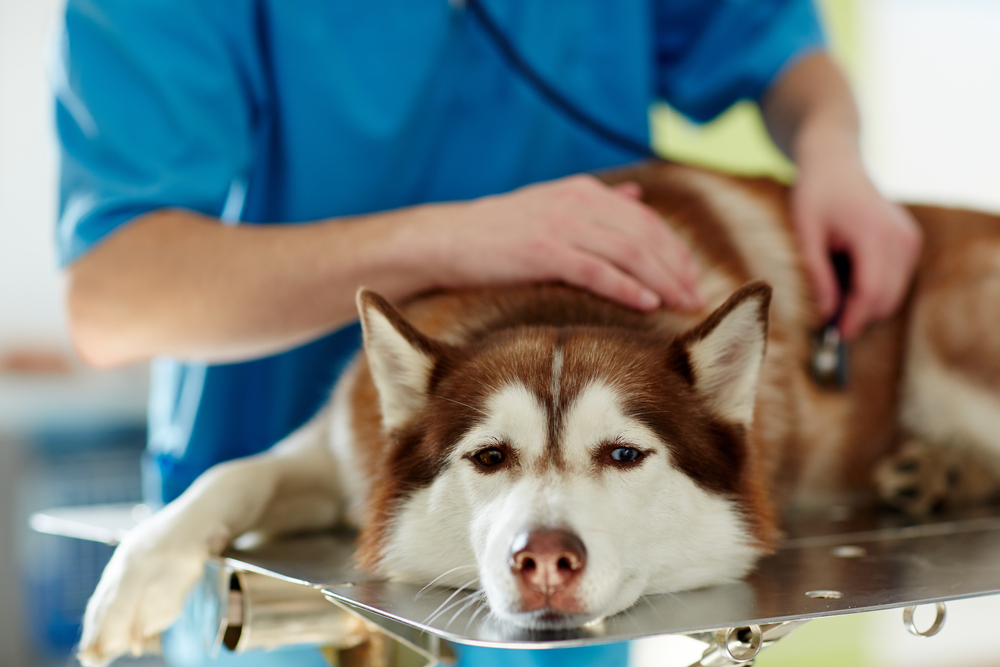
3. Neurological Issues
Damage to the spinal cord, lumbar lesions, and brain diseases can affect the nerves connected to the bladder and lead to leaking while lying down and sleeping. A veterinarian will perform tests, including perennial sensation and tail and anal tone examinations. They will also check spinal reflexes to diagnose a neurological condition.
Although some diagnoses, such as lower lumbar lesions, may cause permanent incontinence, dogs with thoracolumbar spinal injuries have regained continence after treatment. Caring for a dog with a neurological problem causing incontinence requires a sympathetic owner willing to endure frequent trips to the vet and a significant amount of cleaning.
4. Urethral Sphincter Mechanism Incontinence (USMI)
Also referred to as “spay incontinence,” urethral sphincter mechanism incontinence (USMI) occurs when declining estrogen levels weaken the sphincter around the urethra. This weakening reduces the bladder’s storage capacity. The dogs who are most vulnerable to USMI include spayed females, specific breeds, medium and large dogs, canines with docked tails, and overweight dogs. Some of the breeds at greater risk of USMI include:
Veterinarians can sometimes treat spay incontinence with hormone replacement medications. In some cases, they may need to prescribe more than one to alleviate the signs. An estimated 70% of cases respond well to the medications.
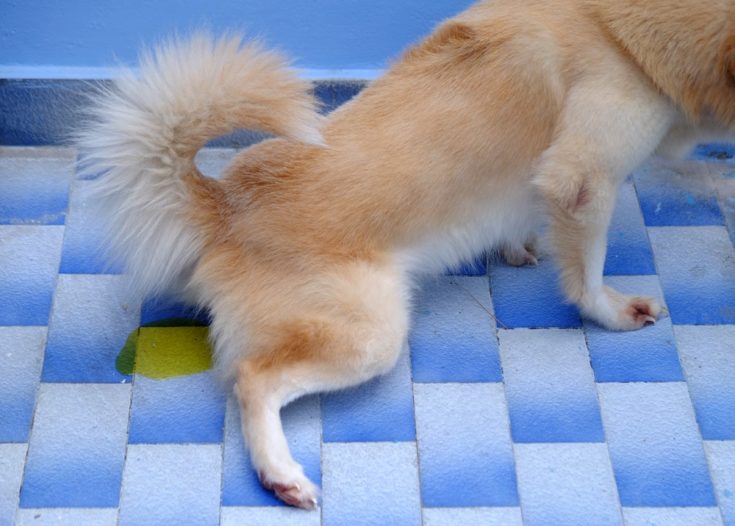
5. Urinary Tract Infections (UTIs)
Urinary tract infections (UTIs) are common causes of leakage, but thankfully, minor infections can be treated with antibiotics or diet changes. UTIs occur when bacteria move through the urethra and reach the bladder. Healthy urine is sterile, but the bacteria can reproduce quickly and contaminate the urine.
The signs of a UTI may include blood in the urine, frequent genital licking, foul-smelling urine, and leakage. Although Escherichia coli is a common pathogen in UTIs, the infection can come from several types of bacteria. After examining a urinalysis, a veterinarian may detect other troubling signs, such as crystals in the urine, and order X-rays or ultrasound to check for bladder stones.
6. High Anxiety
UTIs can make dogs urinate more, but a condition brought on by anxiety or fear can cause the dog to retain their urine for long, uncomfortable periods. The animal may feel threatened by a wild animal they saw during their last bathroom break or fearful of the backyard after hearing fireworks. Urine retention can cause the pressure in the bladder to build up considerably and lead to leaking.
Since dogs are more relaxed while resting and sleeping, you’re more likely to see evidence of leakage when they lie down. Veterinarians can treat anxiety with medications and diet supplements, but you also must locate the source of the stress to reduce the likelihood of future accidents.


Tips for Living With an Incontinent Pet
Pets recovering from incontinence require special care to ensure they stay healthy and comfortable. Leakage problems can be traumatizing for dogs and their owners, but you can make a few adjustments to your home and routine to make the recovery process less disruptive for your pup and family.
Frequent Bathroom Breaks
Taking your dog outside more often may help minimize leaking incidents, and being outdoors can also help your dog’s mental health. Suffering from incontinence and enduring several tests at the vet’s office can be stressful, and several breaks in the fresh air may reduce anxiety levels. Dogs wait several hours after their last nighttime break to relieve themselves in the morning, but you can set an alarm to let your pet out every 2 to 3 hours, depending on the severity of the condition.
Cleaning and Grooming
Urine stains on fur can irritate the dog’s skin and cause “urine scalding” if the urine contacts the skin for too long. Check your pet for leakage several times daily, and use a gentle microbial soap or pet wipe to clean the fur. If your dog has several accidents, you’ll have to bathe them more often with a dog-safe shampoo to remove stains and odors.
Our Favorite Products Incorporating Hepper's Advanced Bio-Enzyme Pet Stain & Odor Eliminator Spray and Wash Wipes makes for an excellent grooming and cleaning duo when you need it most. First, by keeping your pet fresh and clean on-the-go, and second, by removing smells and stains on various surfaces to leave your home fresher than ever. At Dogster, we’ve admired Hepper for many years, and decided to take a controlling ownership interest so that we could benefit from the outstanding products of this cool pet company!
Image
Product
Details
For On-the-Go

Hepper Wash Wipes
Check Price
For Home

Hepper Advanced Bio-Enzyme Pet Stain & Odor Eliminator Spray
Check Price
Absorbent Pads
Since leakage can occur while your dog sleeps, you can insert absorbent pads in the animal’s bedding, also called puppy training pads, to absorb more moisture at night. The bedding will need to be washed more frequently, and you might consider purchasing a dog bed with a waterproof inner lining that blocks liquid from damaging the foam core.
Diapers
Diapers are a temporary solution that can keep you from cleaning urine-soaked carpets and furniture 24/7. However, some dogs dislike the sensation of having their genitals confined and may try to remove the diaper. Watch your pup closely while wearing the diaper to ensure it does not restrict mobility or irritate the skin.
Report Any New Symptoms
Treating a urinary problem can take several days or weeks, depending on the diagnosis. To ensure your dog is recovering properly, contact your veterinarian if you notice any new signs or acceleration of prior signs.
If you’re concerned about your dog’s health we suggest you speak to a vet.
If you need to speak with a vet but can't get to one, head over to PangoVet. It's our online service where you can talk to a vet online and get the advice you need for your dog — all at an affordable price!

Final Thoughts
When dogs leak urine while lying down or sleeping, they require prompt veterinary assistance. Early diagnosis can accelerate the recovery and prevent the problem from developing into a life-threatening condition. Several factors can cause incontinence, but veterinarians have tests to determine the reasons for leakage. Caring for an incontinent animal can be challenging for dog owners, but they can help their dogs through this trying time with proper sanitary practices, love, and patience.
Featured Image Credit: Mylene2401, Pixabay
